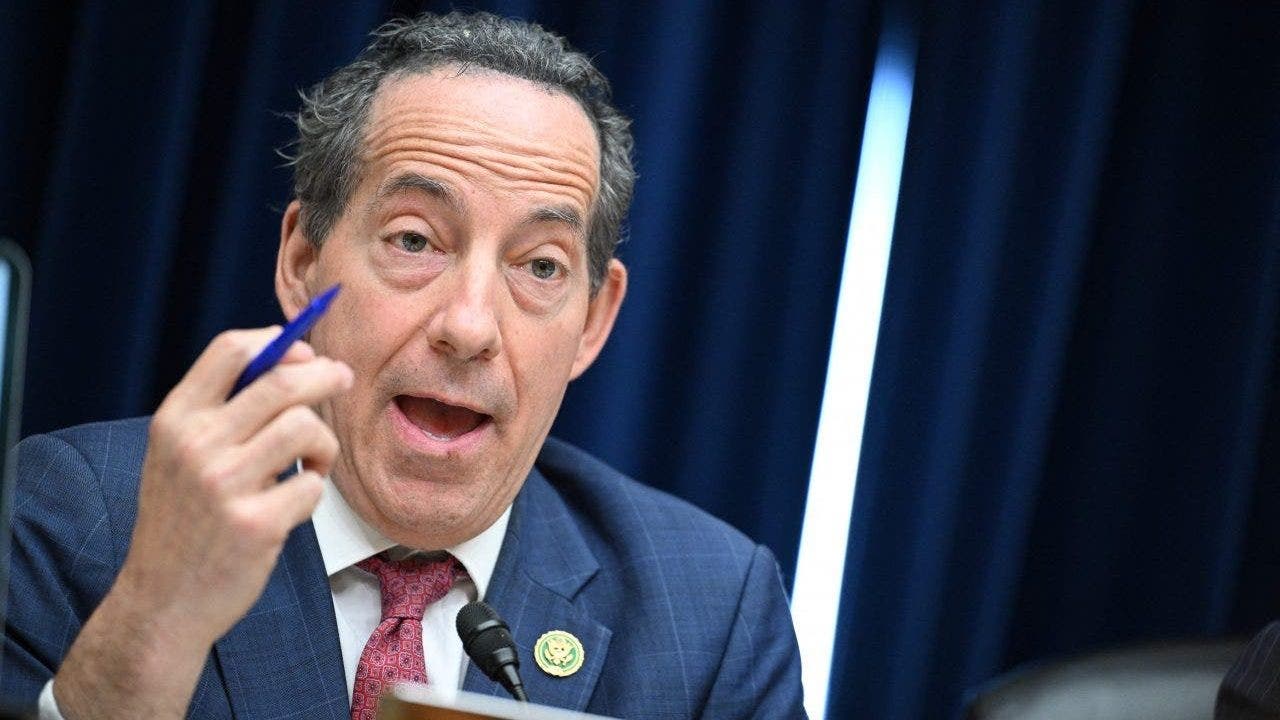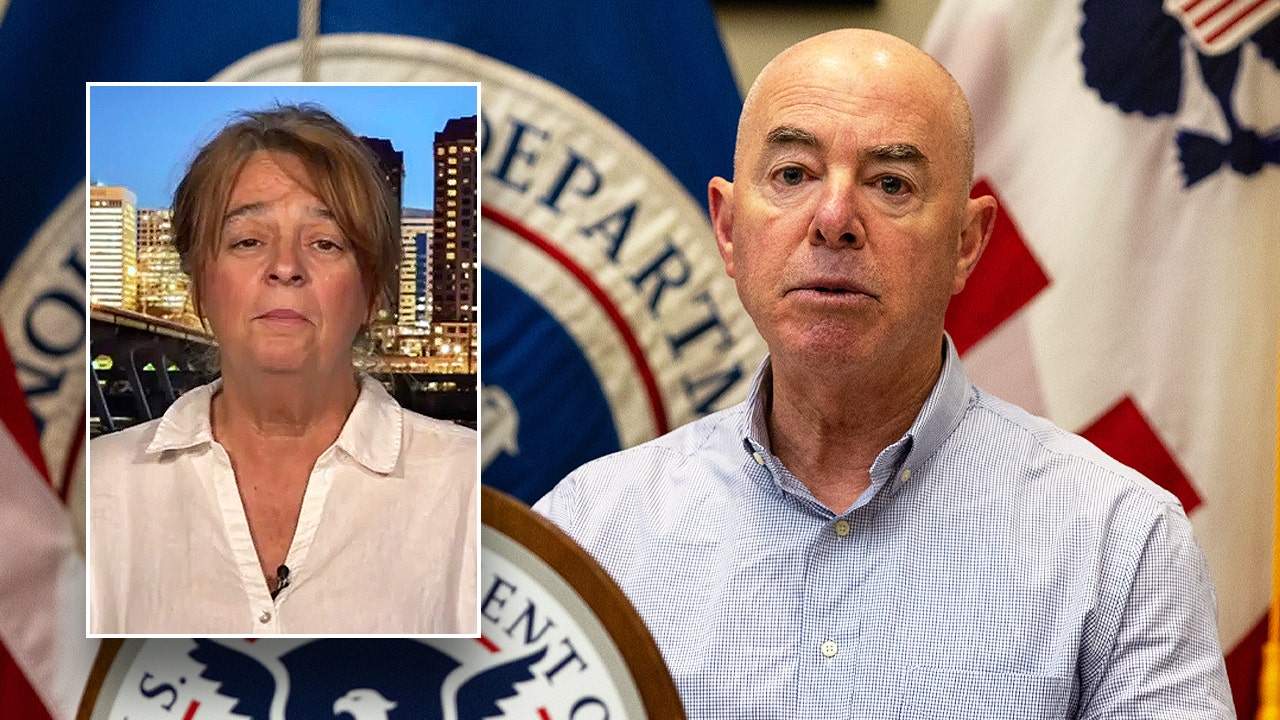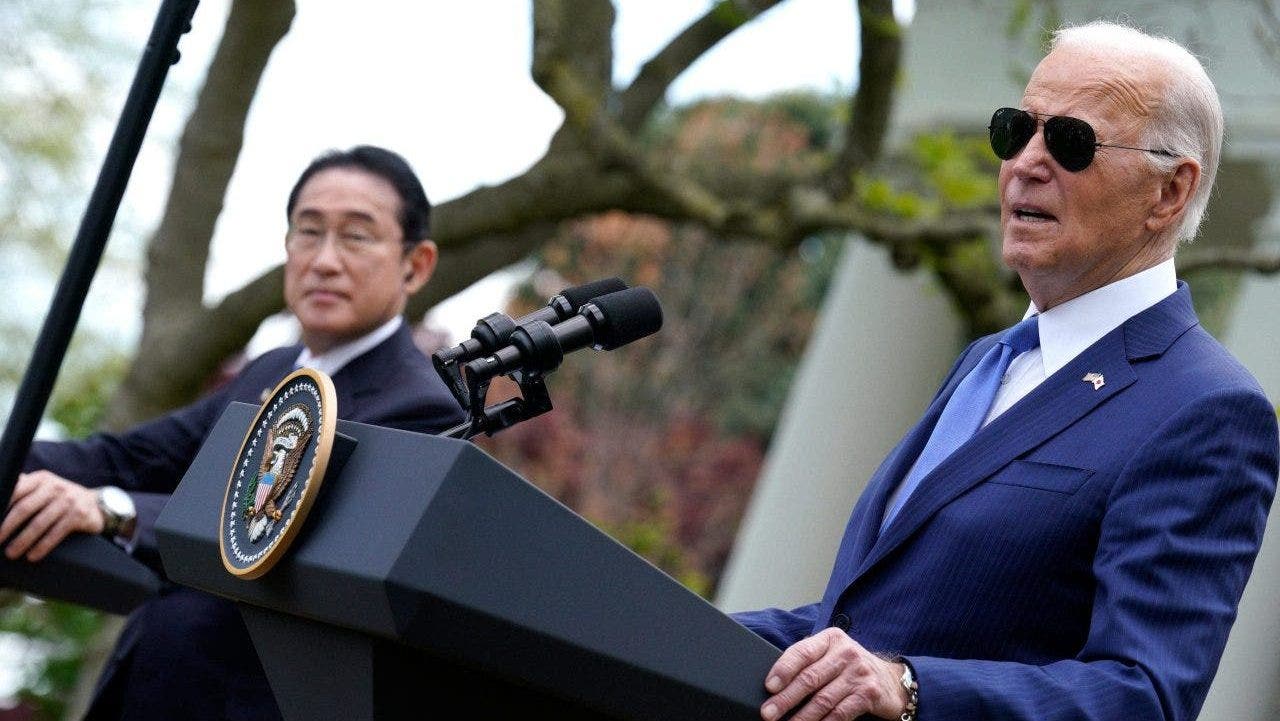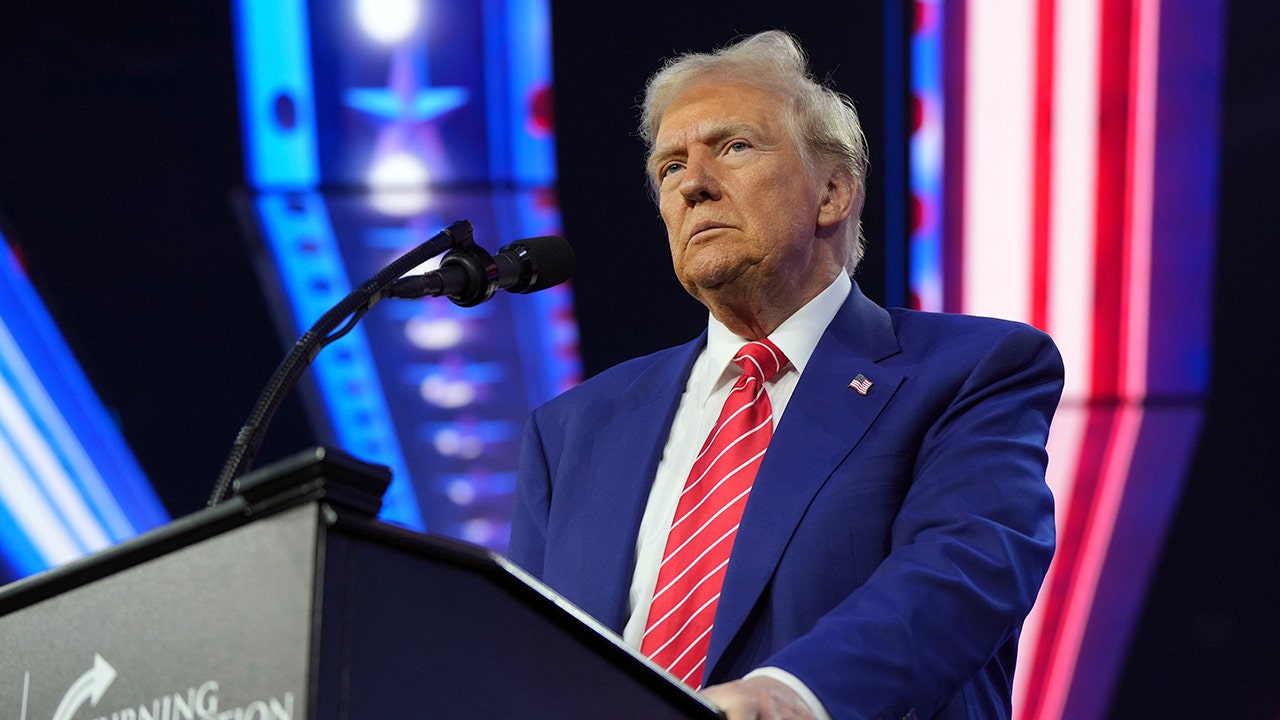A senior House Democrat previously advocated for noncitizen participation in the U.S. election system, arguing that the framers of the U.S. Constitution did not “intend” for a citizenship requirement to vote, Fox News Digital has learned.
It comes as the House gears up to vote on a bill that would repeal a local law in Washington, D.C., granting noncitizen residents of the city the right to vote in local elections.
The bill advanced through the House Oversight Committee in a 23-19 vote last summer and is expected for a House floor vote Thursday afternoon.
Among the Democrats who opposed it was Rep. Jamie Raskin, D-Md., the Oversight Committee’s ranking member, who authored a 1993 paper for the American University Washington College of Law, “Legal Aliens, Local Citizens: The Historical Constitutional and Theoretical Meanings of Alien Suffrage.”
WASHINGTON DC LAW ALLOWING NONCITIZENS TO VOTE IN ELECTIONS CHALLENGED BY LAWSUIT
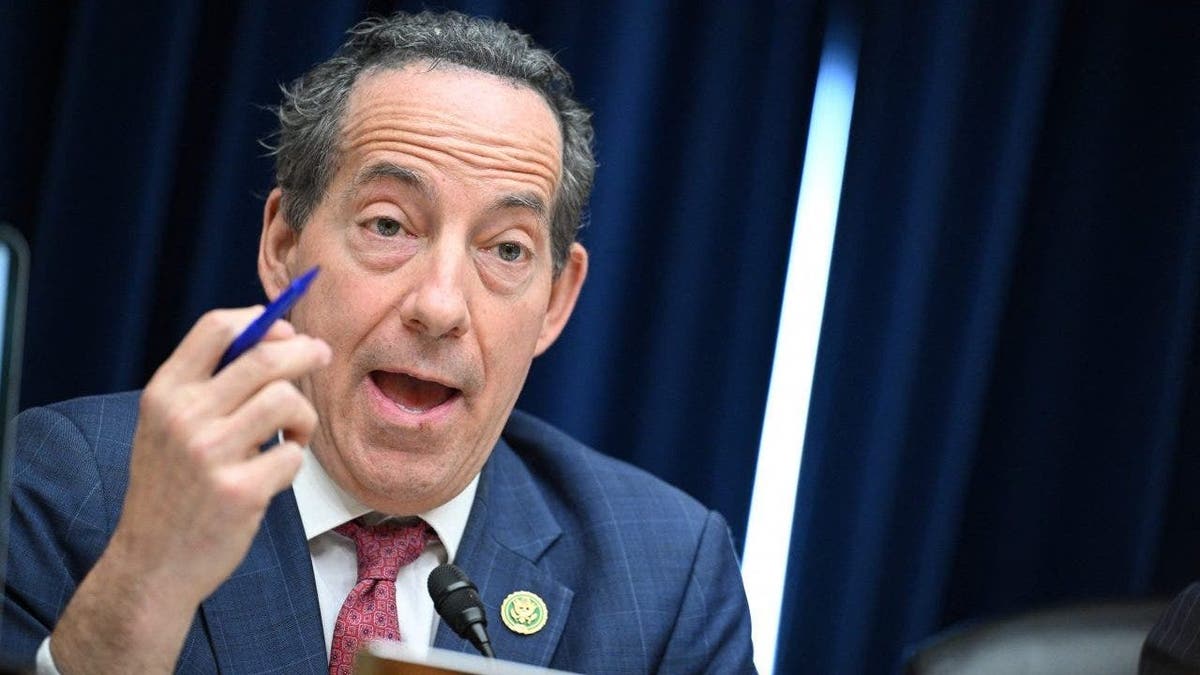
Rep. Jamie Raskin, D-Md., once wrote a paper arguing the framers of the Constitution likely did not “Intend to create” a citizenship requirement for voting. (Mandel Ngan/AFP via Getty Images)
“In this Article, I will argue that the current blanket exclusion of noncitizens from the ballot is neither constitutionally required nor historically normal. Moreover, the disenfranchisement of aliens at the local level is vulnerable to deep theoretical objections since resident aliens — who are governed, taxed, and often drafted just like citizens — have a strong democratic claim to being considered members, indeed citizens, of their local communities,” Raskin wrote in the paper.
In another section of the paper, Raskin noted that the Founding Fathers considered citizenship terms for officeholders in the White House and Congress but did not include the same for voters.
ILLEGAL IMMIGRANTS STORM US BORDER IN EL PASO, KNOCK OVER GUARDS AMID STANDOFF OVER TEXAS LAW

Speaker Mike Johnson is having the House vote on a bill Thursday that would repeal a D.C. local law allowing noncitizens to vote in municipal elections. (Getty Images)
“It can be safely concluded from the juxtaposition of the Framers’ specific and varying constitutional conditions for federal office-holding and their complete silence as to a citizenship qualification for federal voting that they did not intend to create a U.S. citizenship suffrage qualification,” he wrote.
On the specific amendments that attach the word “citizen” when describing voting rights, Raskin wrote, “If such language is not designed to exclude aliens from voting, perhaps it discloses a general understanding that voting is for citizens only. But this reading is badly strained: the language specifies only that states may not exclude any citizen from the franchise on the basis of race, not that the states may not include non-citizens in the franchise.”
7.2 MILLION ILLEGALS ENTERED THE US UNDER BIDEN ADMIN, AN AMOUNT GREATER THAN POPULATION OF 36 STATES
He also argued that giving noncitizens the right to vote would have no bearing on their own naturalization process.
“The simple right to vote in local elections, or even state and federal elections, neither confers U.S. citizenship for federal purposes nor immunizes aliens against the operation of any provision of immigration or naturalization law,” Raskin wrote.
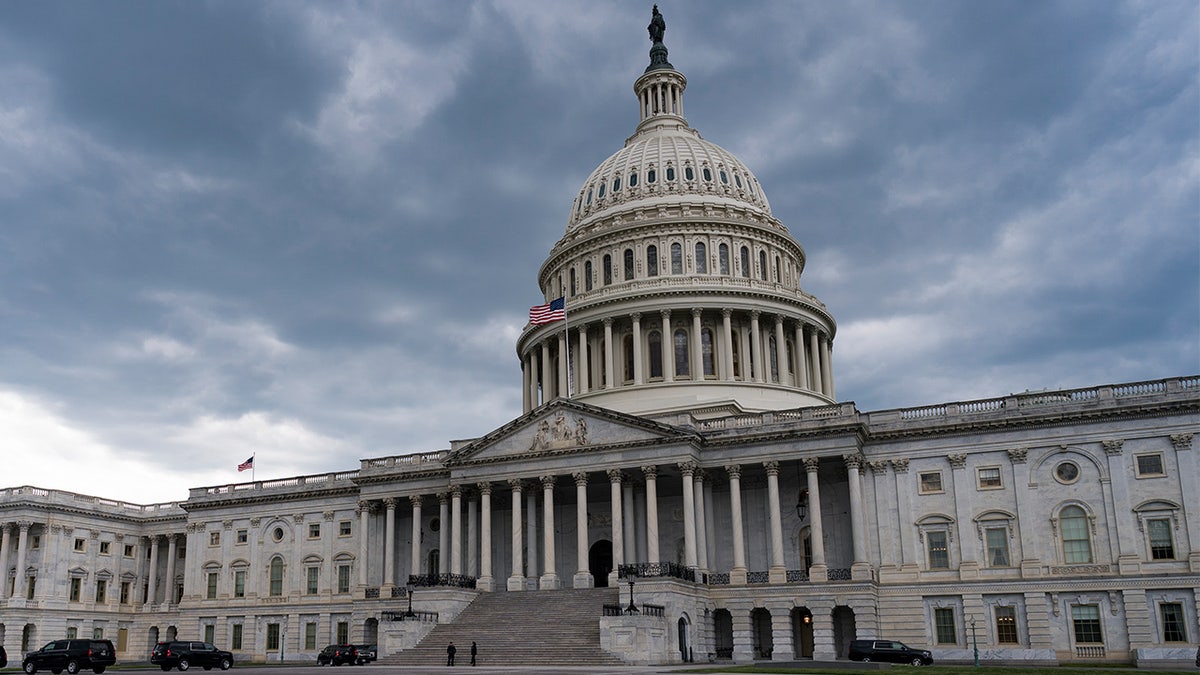
Congress can exercise control over D.C.’s local laws (AP Photo/J. Scott Applewhite)
Raskin told Fox News Digital that he still stands by his belief in noncitizens voting in local elections but pointed out that it’s illegal on the federal level.
“I stand by my academic conclusion that the Supreme Court has repeatedly stated that there’s nothing in the Constitution that prohibits non-citizens from voting in local elections. As a matter of public policy, localities have every reason to decide for themselves. Most states have allowed noncitizen voting at some point in their history and any attempt to demonize local noncitizen voting today is strange for Republicans given that they strongly supported this practice in the 19th century. Non-citizen voting in federal elections is against the law and not at issue in tomorrow’s vote,” Raskin said.
CLICK HERE TO GET THE FOX NEWS APP
The city of Takoma Park, which Raskin represents, shared a press release in October celebrating “30 years of non-citizen voting” in local elections.
The House’s D.C. noncitizens voting bill was introduced by Rep. August Pfluger, R-Texas. Under a provision known as home rule, Congress is afforded the ability to block laws passed by the D.C. council.
Even if passed, however, it’s highly unlikely that the Democrat-controlled Senate takes it up.
